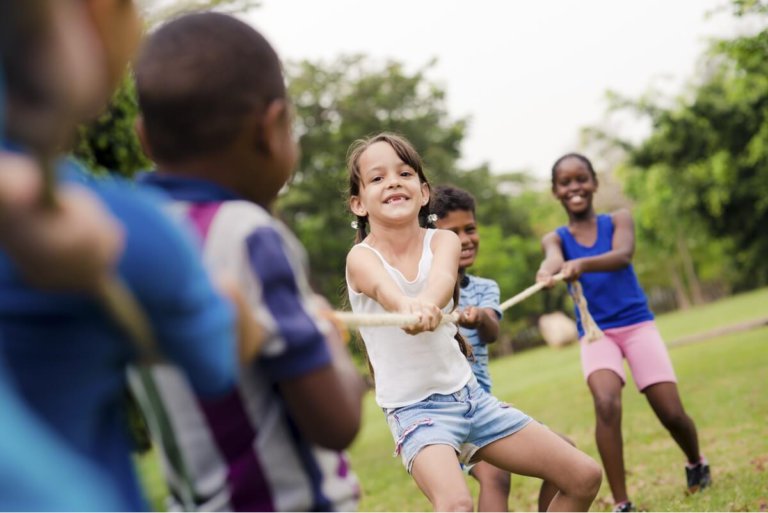
Humans experience a range of colourful emotions, and a lack of empathy from our peers can exacerbate feelings of loneliness, negatively affecting our mental health.
This makes empathy a crucial life skill to develop, including students for their overall well-being and development, in addition to helping them cope with life’s challenges.
Empathy can be described as “the experience of understanding another person’s thoughts, feelings, and condition from his or her point of view, rather than from one’s own. Empathy facilitates prosocial or helping behaviours that come from within, rather than being forced, so that people behave in a more compassionate manner.”
However, at a time when children are spending more time on the internet and social media, issues such as doxing and cyberbullying are growing rampant while mental health problems among adolescents are on the rise.
But does a lack of empathy among today’s youth have a role to play in this, and could injecting empathy into school lessons improve the general well-being of students?
Training kids in empathy
America’s Insensitive Children? A comparison of #empathy w/Danish kids from @theatlantic: https://t.co/e8LmqrUppP pic.twitter.com/HoMBQCf4Pe
— Strive (@howuleadmatters) September 9, 2016
While teaching students empathy is no panacea for the rise in mental health problems, it could potentially improve the general well-being of students.
Harvard notes that empathetic youths are less likely to bully while it may be “a route to academic and career success, because it helps people understand and work with others”. Another study found that empathetic students who helped other children in kindergarten are more likely to graduate high school and have full-time jobs.
In Denmark, empathy has been woven into the national curriculum for students aged six to 16. As a country that has consistently been ranked among the happiest in the world, according to the World Happiness Report, Denmark might be on to something.
For Salon, Jessica Alexander, who authored The Danish Way of Parenting: What the Happiest People in the World Know About Raising Confident, Capable Kids, said during “Klassens tid”, or class hour in Danish schools, students come together to discuss their problems and try finding solutions together.
“While it isn’t clear what gets discussed each week, it’s clear that the Class’s Hour is teaching empathy and helping students learn to understand others’ feelings, not just their own. It is facilitating social connectedness rather than divide,” wrote Alexander.
Meanwhile, on Tes, Cath Howe wrote: “Teaching empathy is key because in doing so we alert children to ways of modifying their relationships with one another that benefit the whole school community. Anyone who has read to a class from a compelling story knows the power of it: stories cast a spell.”
So, should schools around the world take a leaf out of Denmark’s book? It might well be something worth looking into.
Liked this? Then you’ll love…
The strategy behind the secure school structure
Benefits of student exchange programmes for high school students







